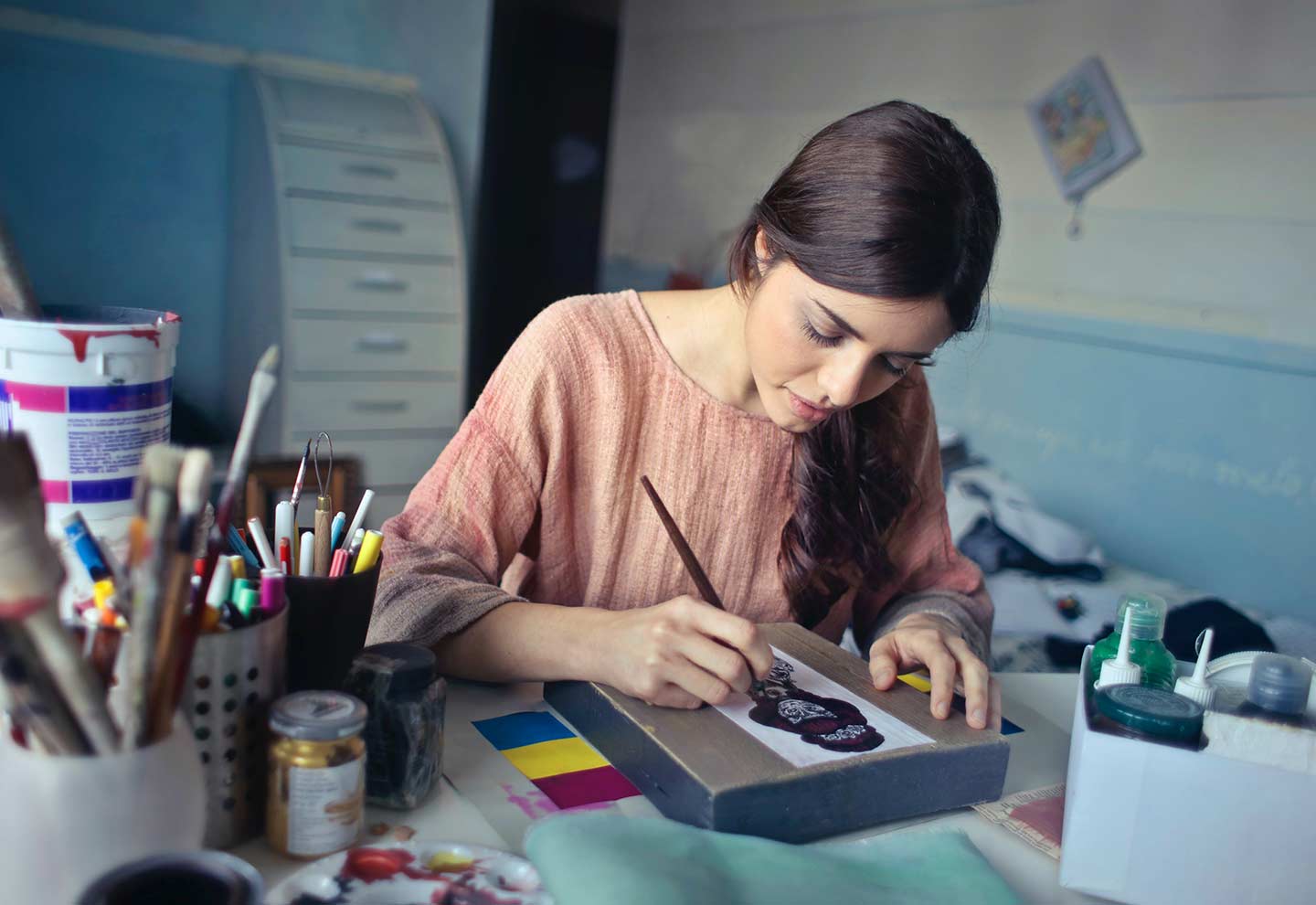Whether you're a small business owner, a budding entrepreneur or an established company, you’ll create content, products and designs that are uniquely yours. But how do you safeguard your original creations from being used or copied by others without your permission? That's where copyright comes into play.
In this article, we’ll delve into the intricacies of copyright from a UK law perspective, answering key questions such as "What is copyright?" and "Why is copyright important?"
What is copyright?
Copyright is a legal framework that protects original works of authorship. These works can encompass a wide array of creative output, including literary works, musical compositions, artistic creations, and even computer programs. In the UK, copyright is governed by the Copyright, Designs and Patents Act 1988 (CDPA), which sets out the rules and regulations for protection.
Why is copyright important?
Copyright is of paramount importance, especially for small businesses and entrepreneurs. It provides creators with the exclusive right to use, reproduce and distribute their work. This protection serves as a powerful incentive for innovation and creativity, as creators can reap the rewards of their efforts without fear of unauthorised use. Copyright ensures that your intellectual property remains yours, allowing you to monetise it and control its usage.
What does copyright protect?
Copyright is a versatile form of intellectual property protection, covering everything from ship hulls to podcasts.
The most commonly utilised categories are:
- Literary works – this category encompasses everything from novels and poems to instruction manuals and computer code
- Musical works – songs, compositions and musical recordings fall under copyright protection
- Artistic works – paintings, sculptures, photographs and other visual art forms are safeguarded by copyright
- Computer programs – code and software are protected, acknowledging the significance of the tech industry
- Original designs – architectural designs, logos and branding elements are also subject to copyright protection
- Broadcasting and film - traditional films, podcasts and radio shows are also subject to copyright protection
Copyright examples
To better understand copyright, let's consider a few examples:
- Book publishing – when an author writes a book, they automatically hold the protection to that literary work (they then can grant or deny permission for others to publish, translate or adapt their book)
- Music industry – musicians and composers have protection over their compositions (they then can license their music for use in films, commercials or performances)
- Graphic design – graphic designers own the protection of their original creations, such as logos and marketing materials (they then can decide how these designs are used by others)
Are ideas protected by copyright?
Copyright protects the expression of ideas, not the ideas themselves. In other words, if you have a groundbreaking concept for a product, service or story, copyright won't protect the idea itself. However, it will protect the specific way you express that idea.
How is copyright protection obtained?
In the UK, copyright protection is automatic as soon as an original work is created and fixed in a tangible medium. There is no requirement for registration or filing. However, keeping records of your creations and considering copyright registration for added legal benefits, including the ability to seek statutory damages and attorney's fees in case of infringement is advisable.
How long does copyright protection last?
The duration of copyright protection varies depending on the type of work and when it was created. Generally, copyright lasts for the lifetime of the author plus 70 years. For copyrighted works created by a team or corporation, protection extends to 70 years from the date of publication.
For broadcasts, the copyright protection lasts 50 years from the date of the first broadcast. But, broadly, copyright protection has a long life expectancy compared to patents, for example, with a maximum of 20 years of protection.
How to check copyright
Understanding the copyright status of a work is vital when using creative content in your business. Here's how you can check if a work has copyright protection:
1. Identify the work
Determine if the work you want to use is protected by copyright. Assume most creative works are. Remember that copyright can also apply to less obvious works, such as websites, advertisements and marketing materials.
2. Find the copyright holder
Identify the copyright holder, usually the creator or their employer. Seek their permission for any use beyond fair use or fair dealing.
3. Check copyright term
Research the specific copyright term applicable to the work, which varies based on the type and creation date. Some works may have different copyright terms, especially if they were created before changes in copyright law.
4. Consult copyright databases
To check the copyright status of a work, you can consult copyright databases maintained by government agencies or copyright offices. In the UK, the Intellectual Property Office (IPO) provides information on registered copyrights. However, keep in mind that not all copyrighted works are registered, as copyright protection is automatic upon creation.
5. Look for licensing information
Copyright holders often provide licensing details on their websites or within the work. This information may be available on the copyright holder's website, within the work itself, or in licensing databases. Be sure to review and adhere to any licensing terms and conditions.
6. Consider fair use or fair dealing
In both UK and US copyright law, there are exceptions for "fair use" or "fair dealing." These exceptions allow limited use of copyrighted material without permission for purposes such as criticism, commentary, news reporting, education or research. However, the specifics of these exceptions can be complex and may vary by jurisdiction. It's advisable to consult with an intellectual property lawyer to determine whether your intended use qualifies as fair use or fair dealing.
7. Seek legal advice
If you have any doubts or concerns about whether your use of a copyrighted work complies with copyright law, it's wise to seek legal advice.
Get legal assistance from LawBite
Copyright is a crucial aspect of protecting your creative works in the UK. It ensures that your intellectual property remains yours, giving you control over how it is used and allowing you to reap the rewards of your innovation.
Whether you're an author, musician, artist or business owner, understanding copyright laws can help you safeguard your creative endeavours.
At LawBite, we guide you through the legal landscape, ensuring your business is protected and positioned for success. If you’ve any questions or need assistance with copyright matters, book a free 15 minute consultation with one of our expert intellectual property lawyers or call us on 020 3808 8314.



